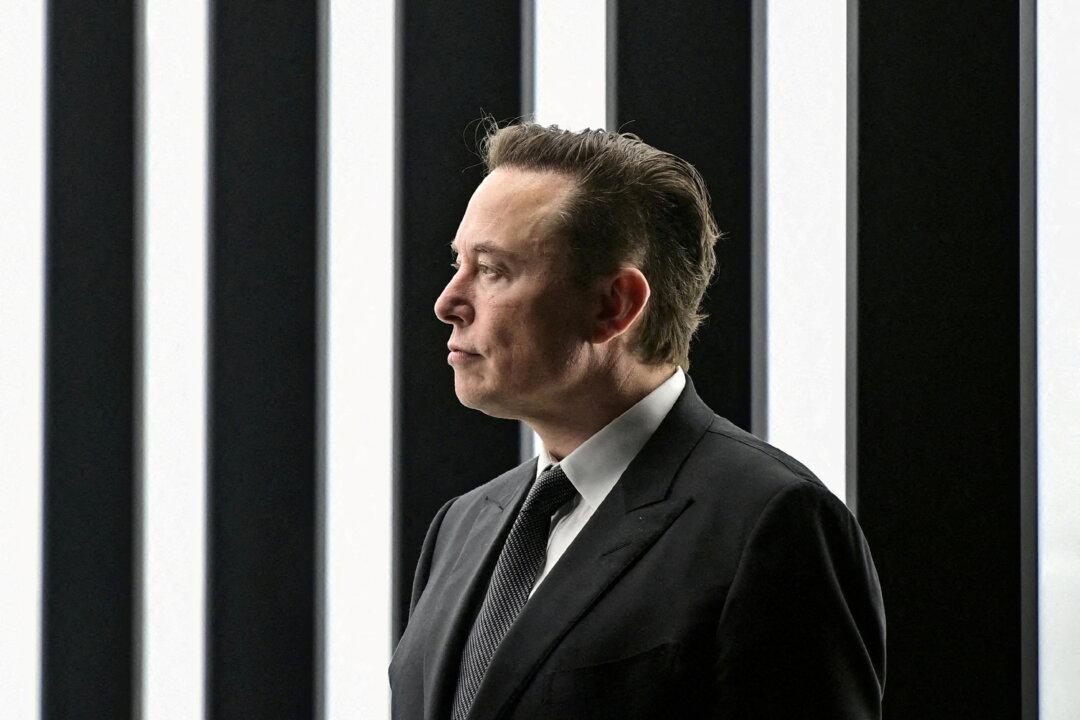Elon Musk will not be subjected to a “gag order” preventing him from discussing a lawsuit claiming he defrauded Tesla Inc. shareholders by tweeting in 2018 about taking his electric car company private, a federal judge ruled on Wednesday.
U.S. District Judge Edward Chen in San Francisco agreed with Musk and Tesla that the proposed temporary restraining order appeared overbroad because it prevented Musk from speaking to “anyone” about the case.





